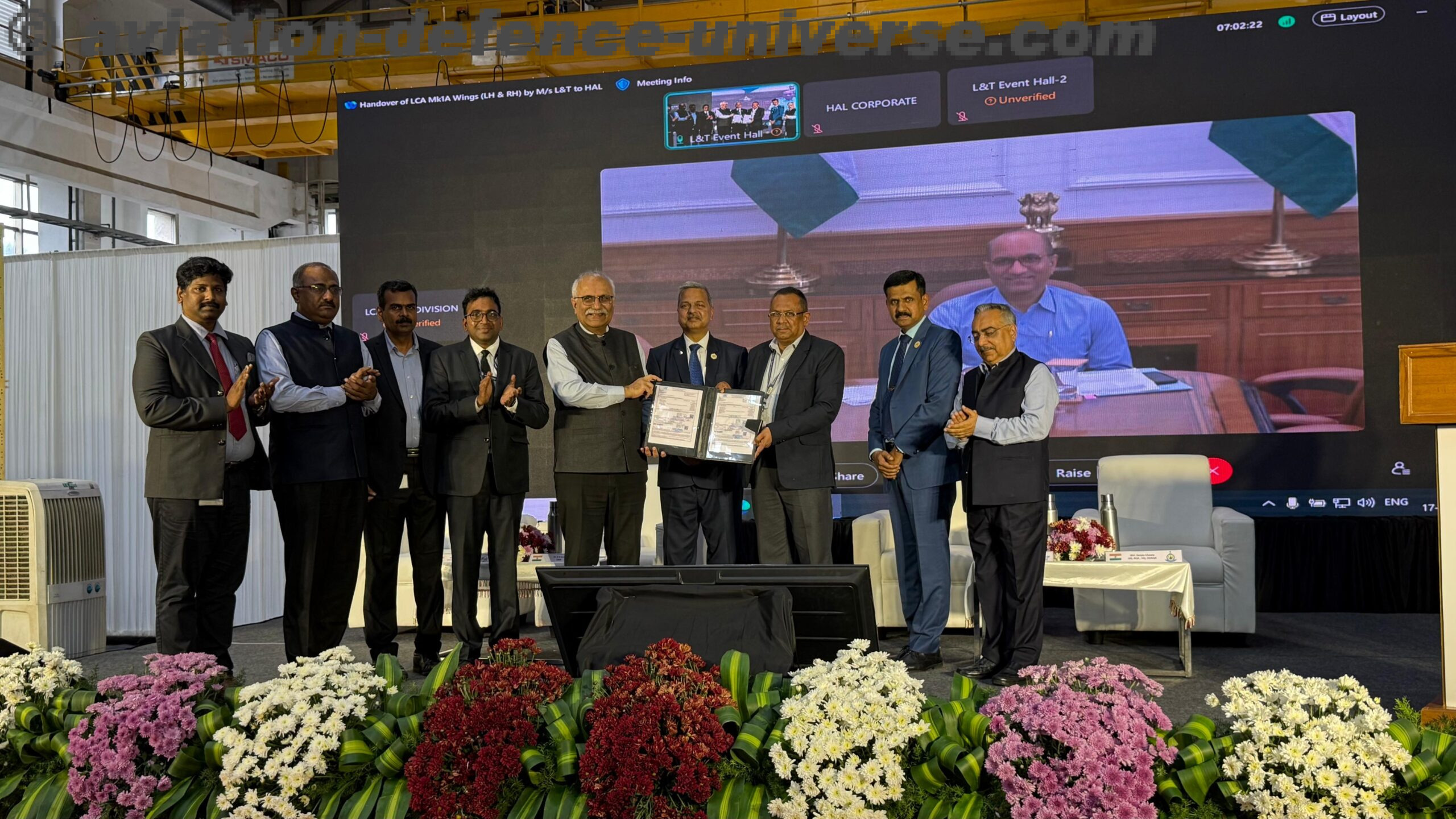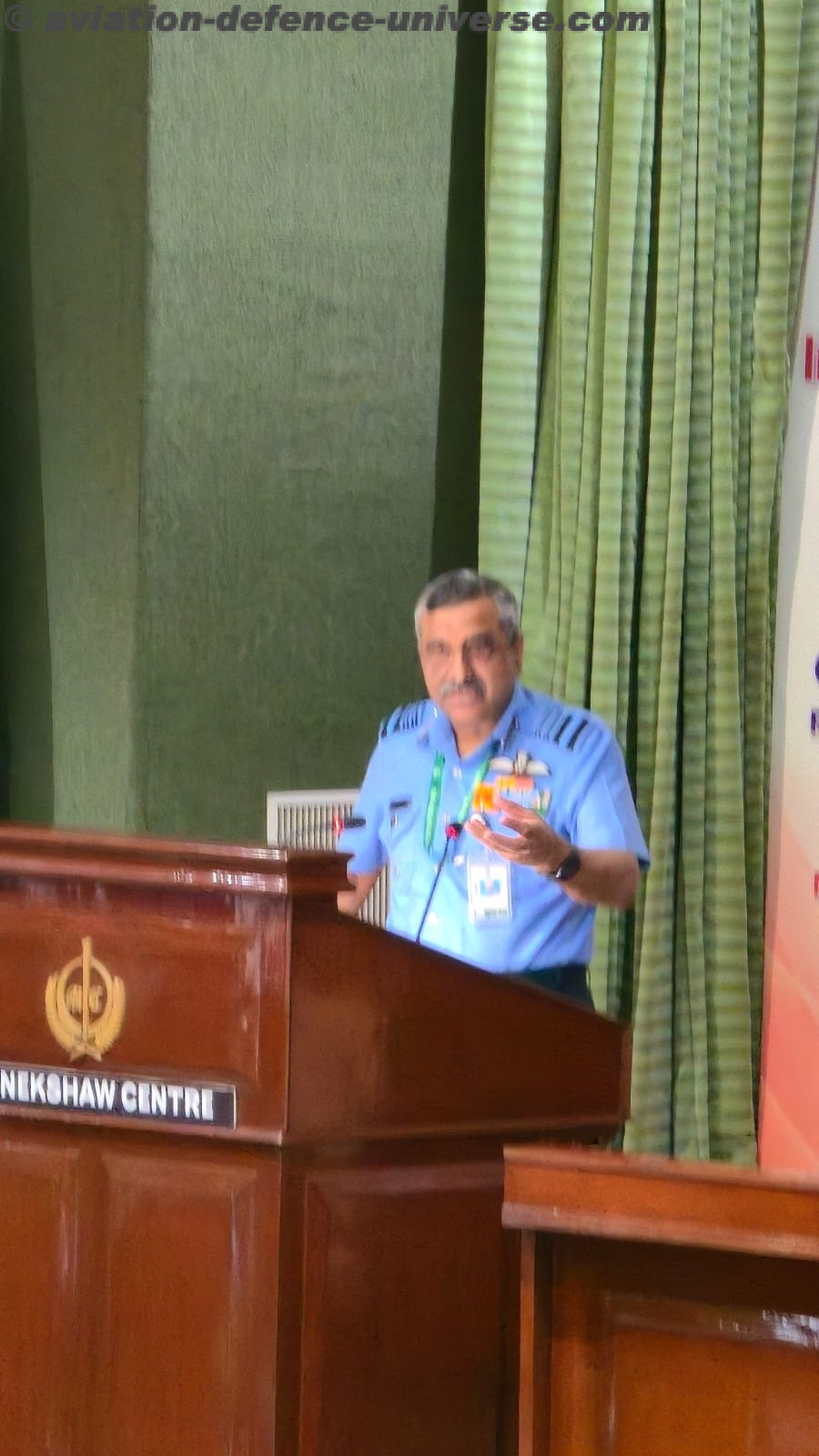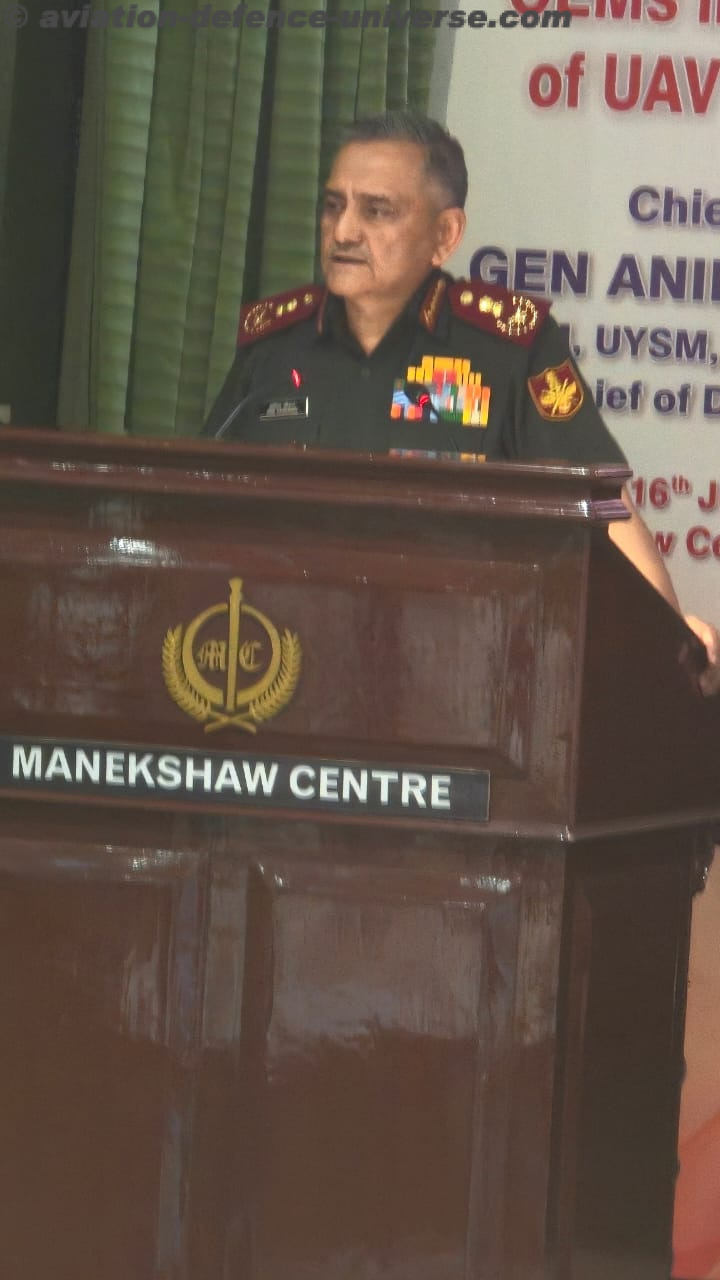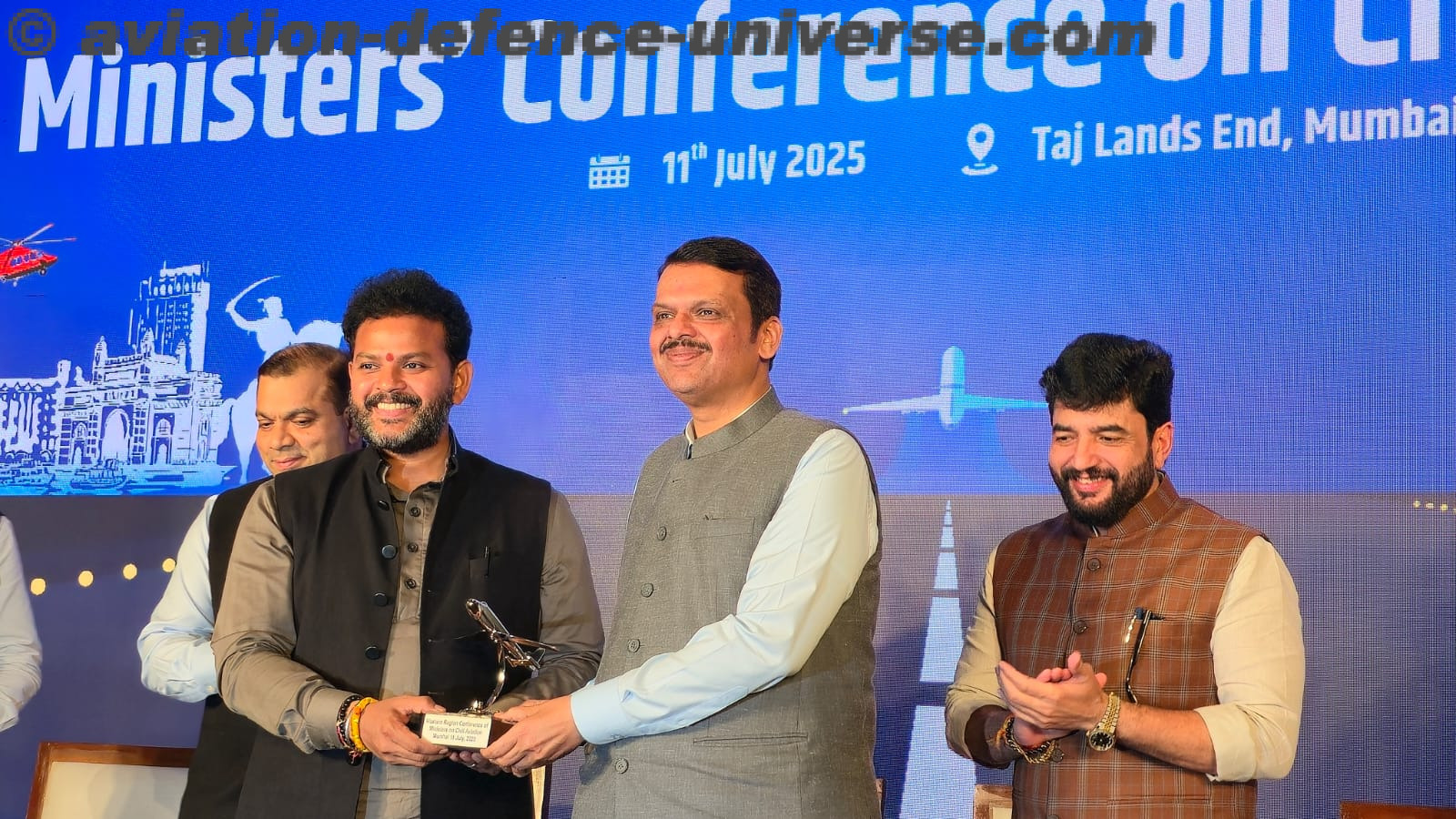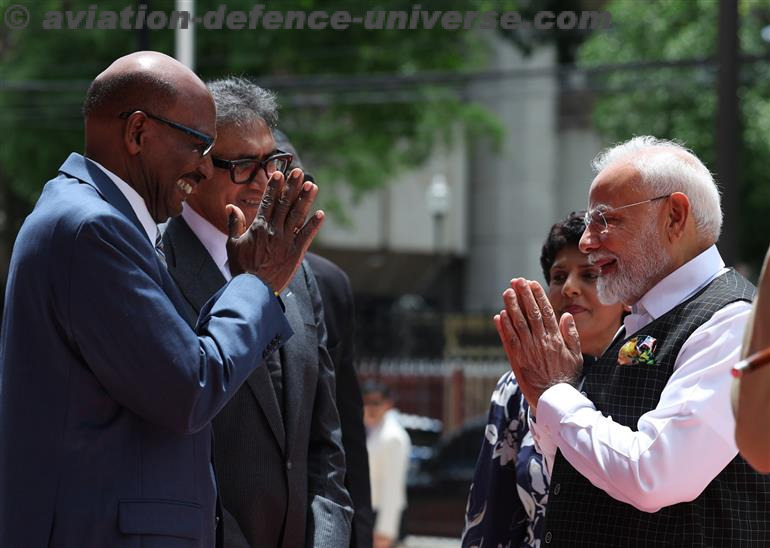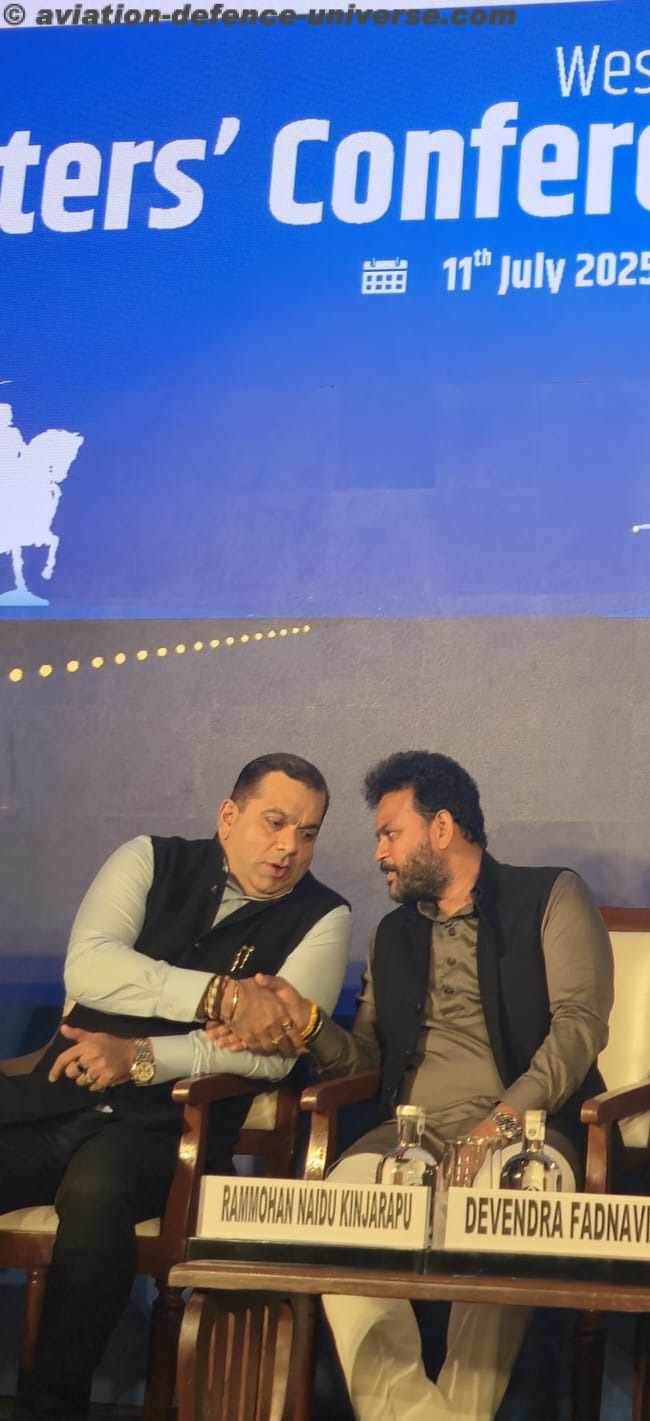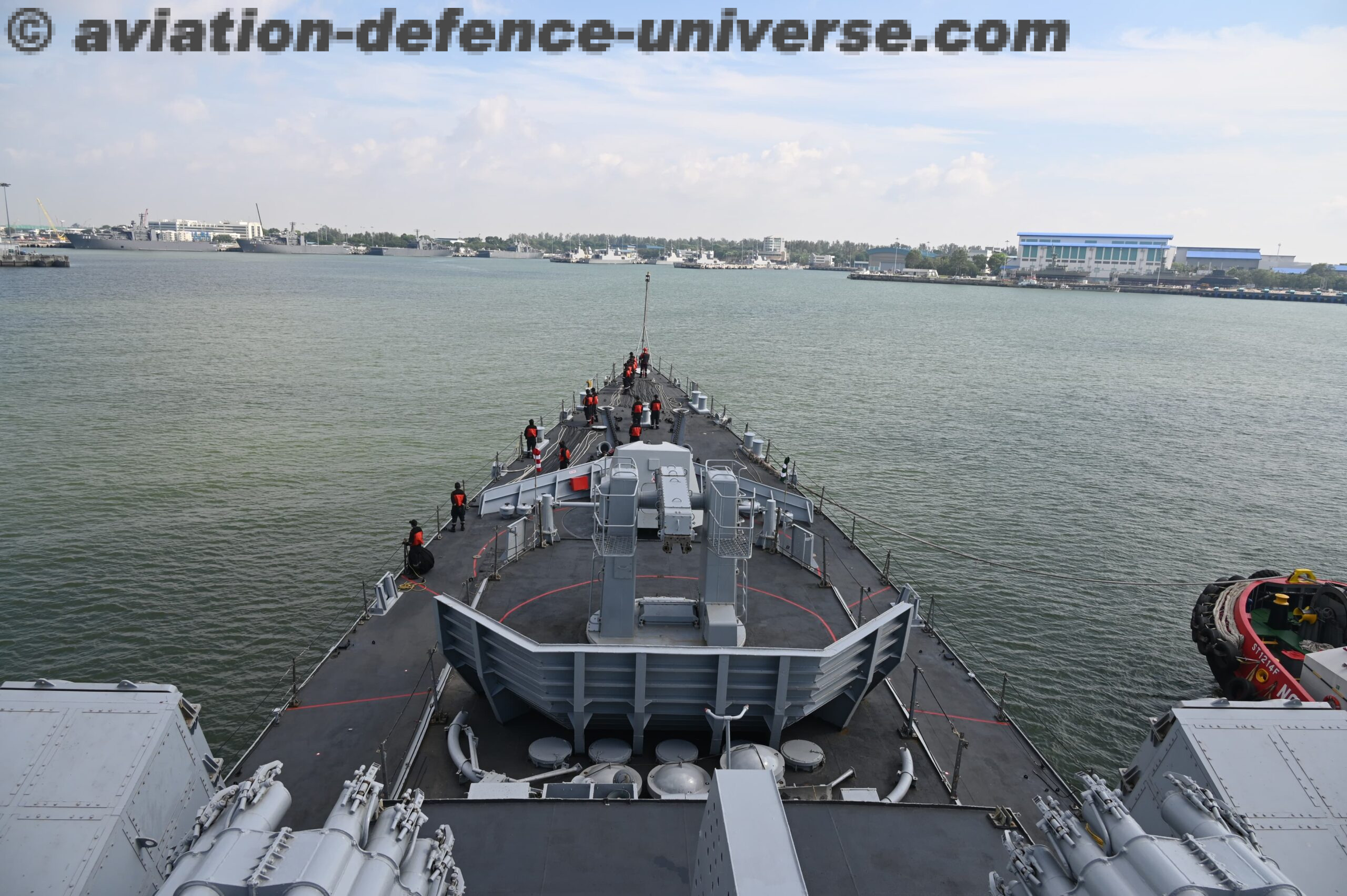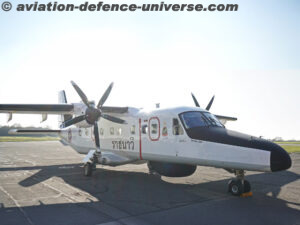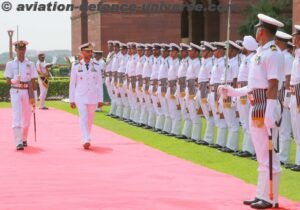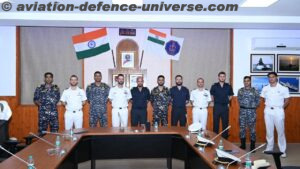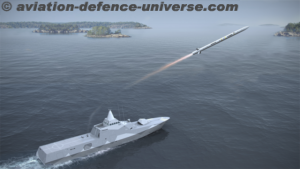By Suresh Somu
Bangkok. 11 May 2017. IT’S a closely-guarded underwater secret but it still splashed the news on land as the Royal Thai Navy (RTN) signed a US$1.04 billion deal for three S26T air-independent propulsion (AIP) submarines from China recently.
In a government-to-government agreement, state-owned China Shipbuilding & Offshore International Co (CSOC) was awarded a contract to make the three submarines over a period of 11 years. The S26T is a custom version of the CSOC S26, designed exclusively for the RTN.
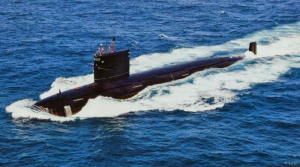 A $20.2 million down-payment to Beijing is due in 45 days, reported the leading Thailand newspaper, Bangkok Post, that China will also sell munitions for the submarines. These will include torpedoes and anti-ship cruising missiles (ASCM). In fact, China is reportedly supplying CM-708 ASCMs, with a 290km range, to the RTN at no extra charge.
A $20.2 million down-payment to Beijing is due in 45 days, reported the leading Thailand newspaper, Bangkok Post, that China will also sell munitions for the submarines. These will include torpedoes and anti-ship cruising missiles (ASCM). In fact, China is reportedly supplying CM-708 ASCMs, with a 290km range, to the RTN at no extra charge.
After choosing the S26T over competing alternatives, Thailand began the process of securing the S26Ts in January – the RTN reportedly secured US$383.4 million in funding from the Thai Parliament. In March, Thailand Prime Minister Prayut Chan-o-cha claimed that one of the submarines will be “a free gift”, but in light of recent reports, it is unclear if this has been swapped for free munitions.
The RTN submarine programme has drawn domestic criticism due to the fact that the sale was approved by the Thai government cabinet with limited scrutiny and disclosure.
The S26 appears to be the AIP-equipped version of the S20 diesel-electric submarine (SSK). The S26 has a displacement of 2,660 tons and six torpedo tubes for heavyweight torpedoes and anti-ship missiles. It can travel up to 18 knots and reach up to 8,000 nautical miles (at four knots). Its maximum diving depth is 300m.
Military observers say procuring from China is business as usual. Previously, the Thai Navy has also procured two frigates, patrol vessels and a ship too. While the Thai Navy rejoices on the first submarine since the last was decommissioned 1951, critics question the necessity.
Ironically, over four decades, Thailand has never been viewed as a traditional maritime power and neither is it embroiled with the escalating tensions on the South China Sea territorial dispute. So the big marine question looms: Is procuring the submarines really of high importance to Thailand with the current economic climate?
More mystery clouded the waters when no public announcement were made earlier about the approval when it had first occurred. The approval was not included in cabinet meeting minutes, which are traditionally published and posted on the government website after they occur.
Though Thai officials rushed to deny that such a lack of transparency was intended, their attempts to quell the speculation only intensified it. Defence Ministry spokesman Kongcheep Tantravanich said the government had no intention to conceal the issue but that not all issues approved by the cabinet had to be communicated to the press, especially since the government had already announced its intention to make the purchase earlier on.
Meanwhile, government spokesman Lt General Sansern Kaewkumnerd, who formally talks to reporters after cabinet meetings, suggested that the issue was not included in the briefing because it was classified as “top secret”. That was an odd suggestion since, as Kongcheep had suggested, the government had already made purchase details known before.
Defense Minister Prawit Wongsuwon, in a separate announcement, defended the deal as being “sensible for Thailand”. He repeated the same arguments he has used to push for submarines in the past, such as their role in helping Thailand protect its natural resources in the Andaman Sea and the fact that Bangkok’s neighbours, including Malaysia and Singapore, also have submarines.
But all this misses the point, say navy observers. Irrespective of how valid individual lines of argument may be, with its careless handling of the disclosure of the submarine purchase approval, the Thai government has only handed its opponents yet more fodder for their criticism.
One may argue that protecting sovereignty interest and natural resources would be of great importance. But what seem equally as important, to the man-on-the-street, is to consider the associated cost that it may run into in the future in terms of its operations.
(Suresh Somu is a South-East Asia based strategic analyst. The views in the article are solely the author’s. He can be contacted at editor.adu@gmail.com)












